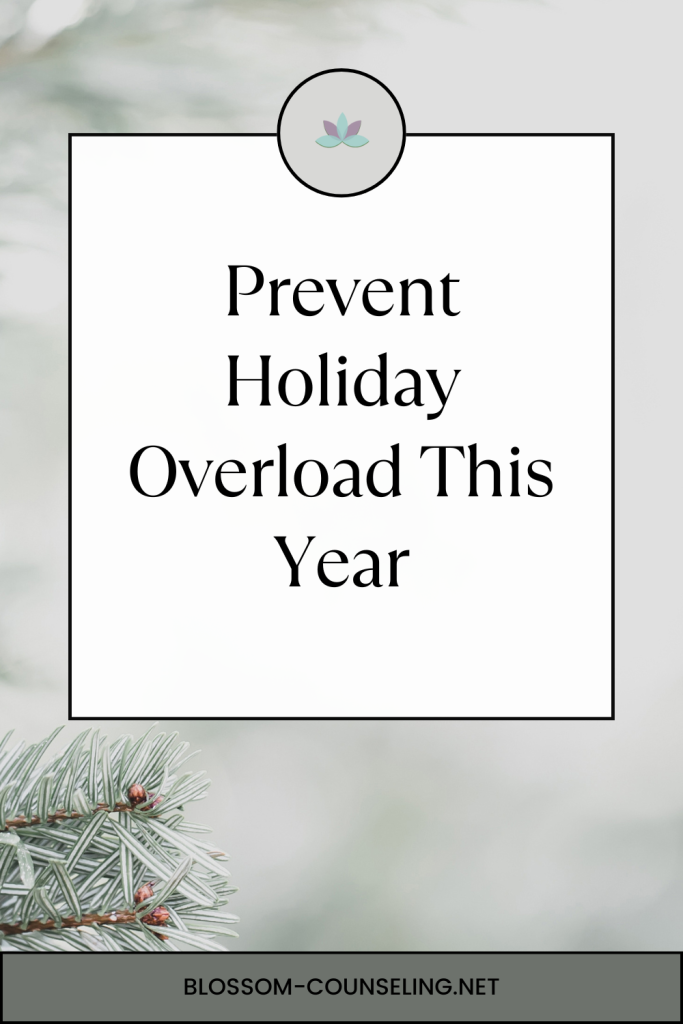
Picture this: You’re going about your day, maybe sipping coffee or scrolling through your phone, and out of nowhere, it feels like a thunderstorm hits your body. Your heart races like it’s trying to win a marathon, your breathing turns shallow, and you’re swept up in a wave of fear that seems to come from nowhere. If this sounds familiar, you might have experienced a panic attack.
Panic attacks are like unwelcome guests at the party of your body and mind. They barge in, unannounced and uninvited, leaving you feeling bewildered and exhausted. But what exactly is happening during a panic attack?
Understanding the Beast: What’s a Panic Attack?
A panic attack is a sudden surge of overwhelming anxiety and fear. Your heart pounds, you can’t breathe, and you may even feel like you’re dying or going crazy. Let’s break down the typical symptoms:
- Heart Palpitations: It feels like your heart is playing the drums in your chest – fast, hard, and loud. It’s your body’s way of preparing for danger, real or perceived.
- Shortness of Breath: You might feel like you can’t get enough air, leading to rapid, shallow breathing or even hyperventilation. It’s like trying to breathe through a straw while running a sprint.
- Chest Pain or Discomfort: This can be scary and is often mistaken for a heart attack. It’s like a heavyweight is sitting right on your chest.
- Trembling or Shaking: Your hands might shake as if you’re in a freezing blizzard. This is your body’s natural response to stress – revving up for fight or flight.
- Feeling Detached from Reality: Ever felt like you’re a character in a movie, watching yourself from the outside? That’s derealization – a bizarre and disorienting symptom of panic attacks.
- Sweating, Chills, or Hot Flashes: It’s like your body can’t decide whether it’s in the Sahara desert or the Arctic tundra.
- Nausea or Stomach Pain: A queasy stomach is not just for bad food; it’s also a common sidekick of panic.
- Fear of Losing Control or “Going Crazy”: Panic attacks can make you feel like you’re losing your grip on reality.
- Fear of Dying: This intense fear is a false alarm by your body, mistakenly signaling the worst.
Why Do Panic Attacks Happen?
Imagine your brain has an alarm system. Sometimes, it gets a bit too eager and sounds the alarm when there’s no real danger. This could be due to stress, life changes, genetic predisposition, or even memories that trigger anxiety.
Riding Out the Storm
If you’re caught in the grip of a panic attack, remember: this storm will pass. Try slow, deep breathing – it’s like being the calm eye in the storm of panic. Ground yourself in the present. What can you see, hear, or touch around you? It’s like anchoring your boat in choppy waters.
When to Seek Help
Frequent panic attacks can be a sign of panic disorder, a treatable condition. If your panic attacks are becoming a series of unwanted reruns, it might be time to reach out for help.
Therapy, especially Cognitive Behavioral Therapy (CBT), can be incredibly effective. It’s like having a mental toolkit to dismantle the panic alarm. Sometimes, medication can also be a helpful ally.
Understanding is Power
Remember, having panic attacks doesn’t mean you’re weak or flawed. It simply means your body’s alarm system is a bit overzealous. Understanding what’s happening and why can take some of the fear out of the experience.
Panic attacks can feel like a wild, uncontrolled roller coaster ride. But with the right tools and support, you can learn to tame the ride and reclaim your calm. Remember, it’s okay to ask for help – it’s a sign of strength, not weakness. In understanding and addressing your panic attacks, you’re taking a brave step towards regaining control and enjoying the party of life, free from unwanted guests.




